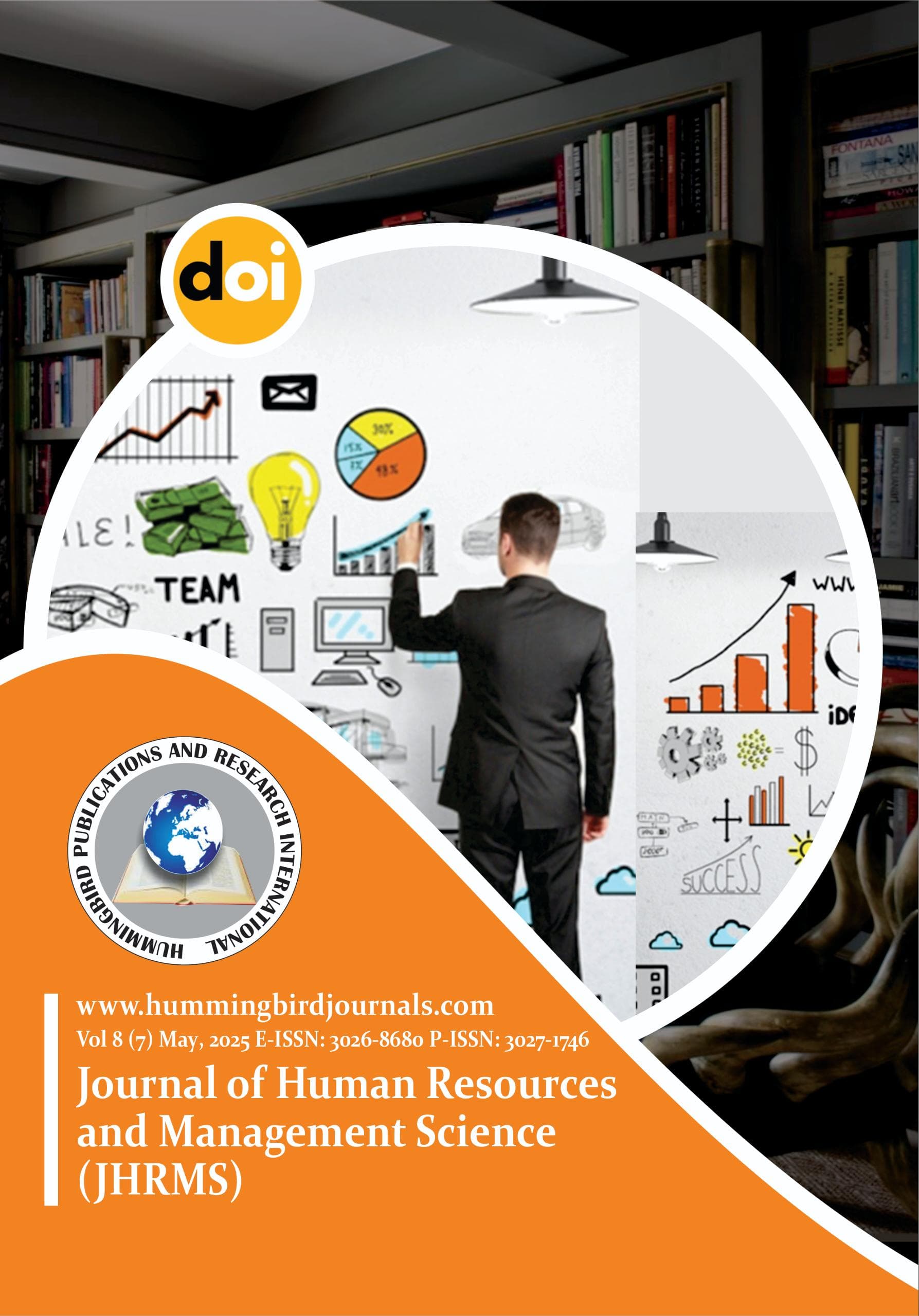Exploring the Effects of Fuel Subsidy Removal on National Development
The Nigerian Situation
Abstract
Subsidy, the world over, is a monetary grant paid by the government to particular producers or on a commodity for public good either to make their products cheaper or make their production more competitive or sustainable. In Nigeria, petroleum products, were mostly imported, and, therefore, once heavily subsidized to make them readily accessible to the vast majority of citizens. However, the benefits hardly get to the targeted group as only the politically-connected get paid regular subsidy payouts, sometimes, even without lifting a cargo of fuel! Even when the fuel eventually gets to Nigeria, a vast amount of it is smuggled out of the nation’s porous borders. While the nation continues to pay out hefty sums of money for non-existent fuel imports, not enough money is left for national development. The IMF and the World Bank have been preaching the gospel of subsidy removal for ages with succeeding governments only committed to partial removal. This was the situation until the advent of the Tinubu government, which abolish all subsidy payments on fuel imports with his famous ‘’subsidy is gone’’ pronouncement. Two years down the line, Nigerians are still grappling with the effects of this move. The purpose of this study is, therefore, to examine the effects of subsidy removal on national development using qualitative research methodology, especially against the backdrop of the much-touted gains of the policy. The study recommends that a gradual approach rather than an abrupt end should be adopted by countries contemplating such policy shift.

















